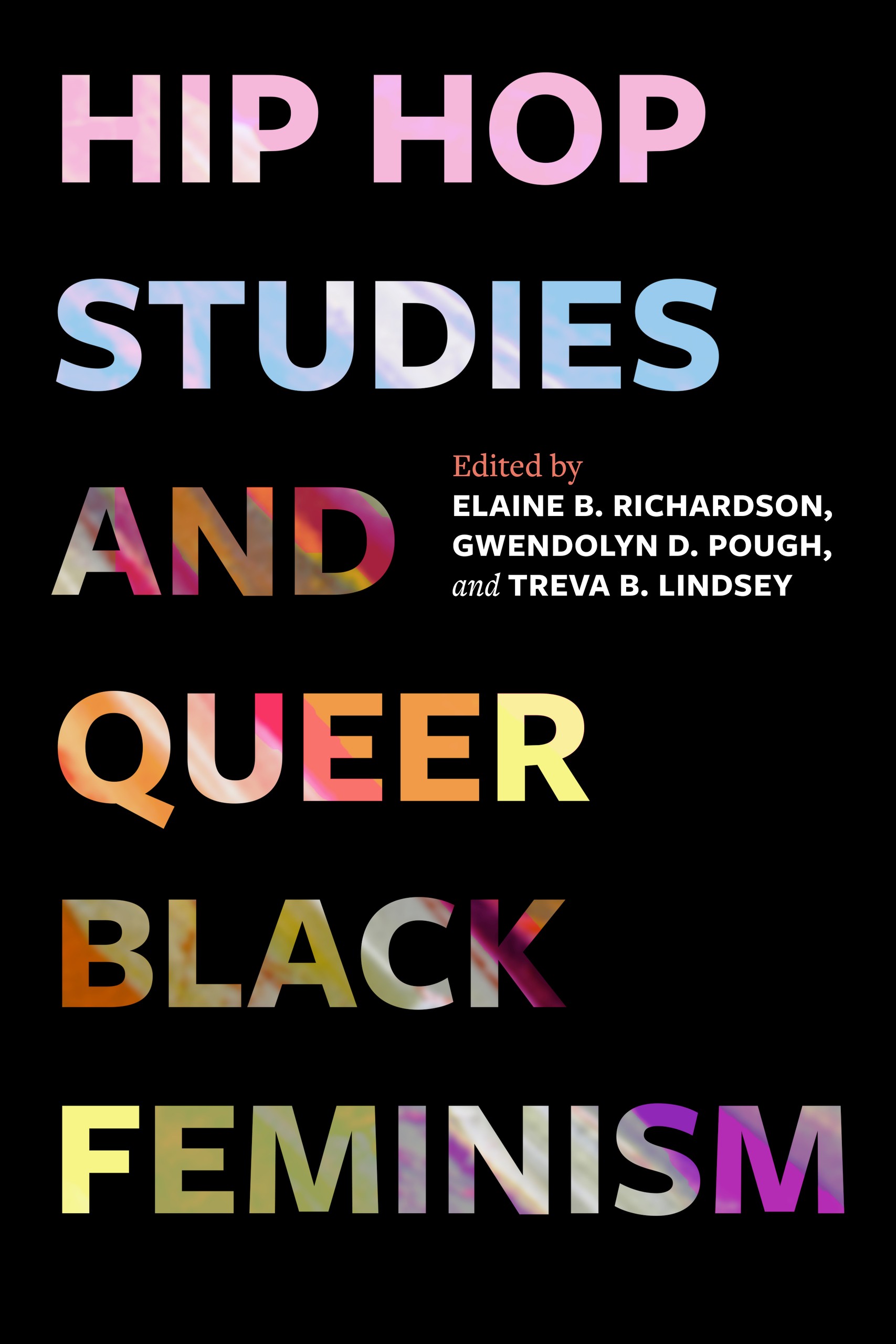Hip Hop Studies and Queer Black Feminism
About the Author
Elaine B. Richardson (aka Dr. E) is a community-engaged scholar of Literacy Studies at The Ohio State University. She is a performing artist, writer, speaker, and survivor who has won many awards over the course of her inspirational life.
Gwendolyn D. Pough is an award-winning professor of Women's and Gender Studies at Syracuse University. Her groundbreaking book Check It While I Wreck It: Black Womanhood, Hip-Hop Culture, and the Public Sphere was the first book on women in Hip Hop.
Treva B. Lindsey is an award-winning author and professor at The Ohio State University specializing in African American women's history and culture. She is the cofounder of Black Feminist Night School at Zora's House in Columbus, Ohio, and the recipient of numerous fellowships and grants for her cutting-edge research.
Reviews
"I love how so many of the essays in this book go back and forth between the theoretical, the musical, the visual, and the autobiographical to elucidate how the personal is political. This volume is timely and necessary."—Kaila Adia Story, author of The Rainbow Ain't Never Been Enuf: On the Myth of LGBTQ+ Solidarity
"Pulling together some of the most powerful voices in Hip Hop studies—and situating queerness as a way of being and doing—this collection offers a new pitch to the field. Doing Black feminist Hip Hop study with an intentionally Black queer tone, this volume invites the reader to think fresh and anew. It is fierce, it is bold, and it is a critical breath of fresh air."—Jeffrey Q. McCune, contributing author of Black Sexual Economies: Race and Sex in a Culture of Capital
"I remember thinking I couldn't be a lesbian and also a Hip Hop head. I thought I had to choose. Queer Black feminism made my world make sense. This book, these writers, and their love for Hip Hop and queer Black feminism remind us we never have to choose. This collection moves across geographies, styles, and histories, taking the reader from Saucy Santana and homolatent masculinity to queer Brazilian Hip Hop, and pushing us to see what Hip Hop can be when we are free of binaries, constraints, and the limits others try to place on our lives."—Bettina L. Love, author of Punished for Dreaming: How School Reform Harms Black Children and How We Heal
